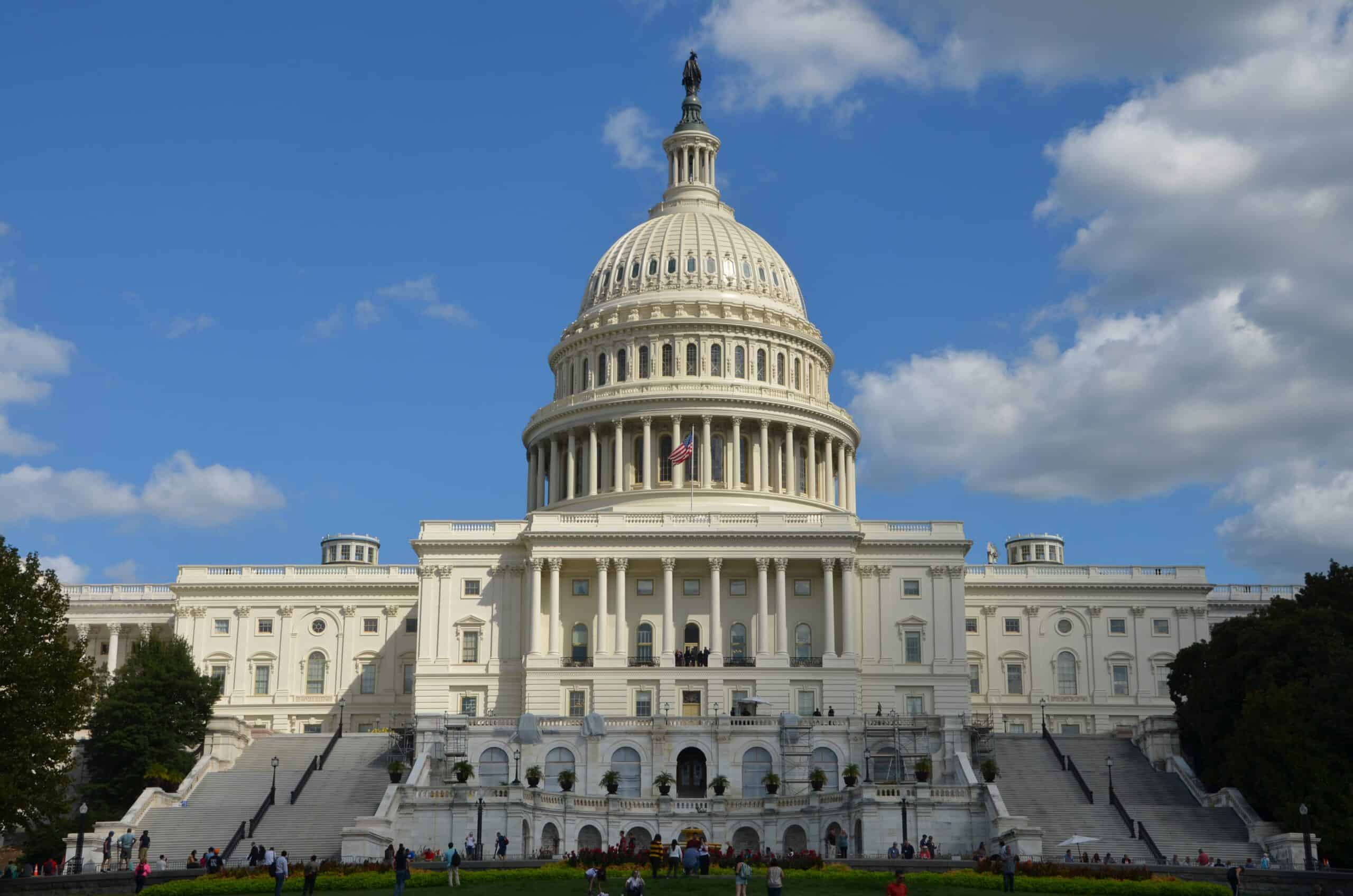I once heard a tech icon say “I don’t believe in God or government. I believe in the church of Silicon Valley.” That is all well and good until a U.S. Senator or three lettered agency takes notice. Just ask Ticketmaster or Google.
While Senators Klobuchar and Lee’s weaving in of Taylor Swift lyrics likely delighted Swifties, and is worth a look, the Live Nation (Ticketmaster parent company) executives looked like they would have rather been at a root canal than testifying at a Senate hearing.
It didn’t have to be this way. The executives didn’t have to be there. Including government affairs in your crisis planning and mitigation can be a major contributor to whether you have a bumpy week or get hauled in front of Congress.
Most businesses think that Washington (and most state capitals) are sleepy towns filled with nerds and paper pushers. They pay little attention to what happens there. Even if a company is strategic enough to have government affairs, those experts rarely sit on a crisis management team. They are almost never included in crisis planning.
But the government is the government. And those that make the laws are pretty powerful and even when they aren’t making laws, have really big megaphones. This is why government affairs professionals, lobbyists, have an industry to begin with. It isn’t a different planet but it is a different language and a world with its own rules that you will need a guide for.
Think of them as a different type of expert intelligence for your business, early warning and fast moving, but also a trustworthy, measured and proactive way to drive brand affinity, trust, and soften the ground for tough legislative and brand reputation work, and can be done largely behind the scenes of more traditional PR and marketing efforts.
As a former Hill staffer (the term for those that have worked on Capitol Hill) and public affairs leader (what a friend describes as if PR and government affairs had a baby), I want to share a few key pieces of advice.
- Regulation affects your bottom line -consider the ramifications of business moves in a regulatory and political environment. As I mentioned last week in the column about layoffs, laying people off can trigger a number of regulatory necessities including notifying various agencies and political leaders. If you are making significant layoffs in one place, you will probably want to notify the mayor of the city and the governor of the state. By bringing government affairs in while planning the layoff, you can weave in notifications to key officials before they read about them in the paper. That goes a long way to ensure the road is only as bumpy as it needs to be.
- Regulation and politics also play into growth and expansion. There are very few places that don’t have policies and regulation requirements when entering new markets and these can cause headaches for everyone, especially the C-suite. You have a guide, use them and include them early and head off a crisis.
- Weave Government Affairs into External Affairs. This takes the weight off the communications team to decide what and when to bring issues to government affairs. A reputational crisis can be headed off by a GR pro hearing a piece of information through their lens and knowing that it will outrage a Member of Congress. On the reverse side, they can be the canary in the coal mine that a bill that is about to be introduced is going to directly impact your business. That is information you don’t want lost in a maze of reporting structures.
- Consider creating a public affairs function. This is literally the job that marries communications and government affairs; a translator of sorts and an early warning system. As the public looks to corporate America more and more for leadership, corporations need to understand that comes with increased risk. Recognize that a resourced and defined public affairs team adjacent to but coordinated with traditional corporate comms/PR and government relations is a wise way to structure for the future unsteady seas ahead and a critical part of your crisis early warning system.
- Include Government Affairs in Crisis Planning and Training. Understanding that a strong government affairs program is part of a strong business means that it is even more necessary for that team to be included in crisis training. As you know, we recommend cross functional crisis training because crisis is never just a communications priority or responsibility so it makes no sense that your team is learning the name of your GR head when a governor criticizes your lead influencer.
- Think about trade associations as part of your crisis management strategy. Many times what your organization is being criticized for is not unique to you. Trade associations, organizations that represent industries or groups of companies at the federal, state and local level, offer resources, connections and can be invaluable in helping you navigate a crisis.
- Trust them. Just as you trust your head of engineering and your general counsel, trust your government affairs team. When a reputational threat emerges from the political and policy arena, there are many times that the relationships these experts have built will go a long way toward defusing a situation. Having them have a conversation with a staff member may mean the difference between escalation or a quiet resolution.
And here is some advice for my government affairs friends: learn the business and demystify your value to it for the business units, comms and the C-suite. There is real value in what you do, with real dollars attached. It’s in your best interest and the best interest of your company.
Ensuring that your crisis management team has all the necessary components is one of the things we do at Kith. Follow me for insights.


